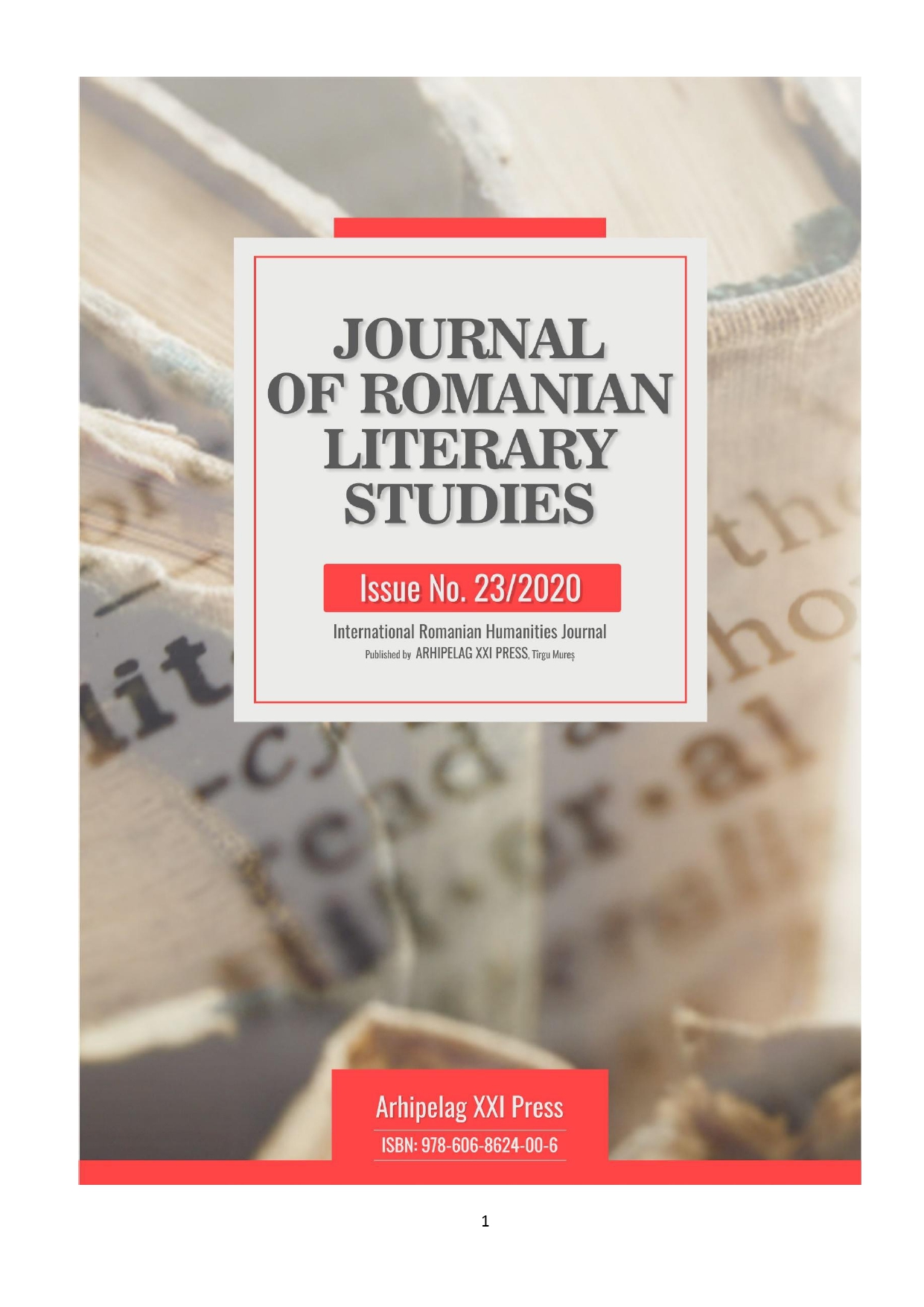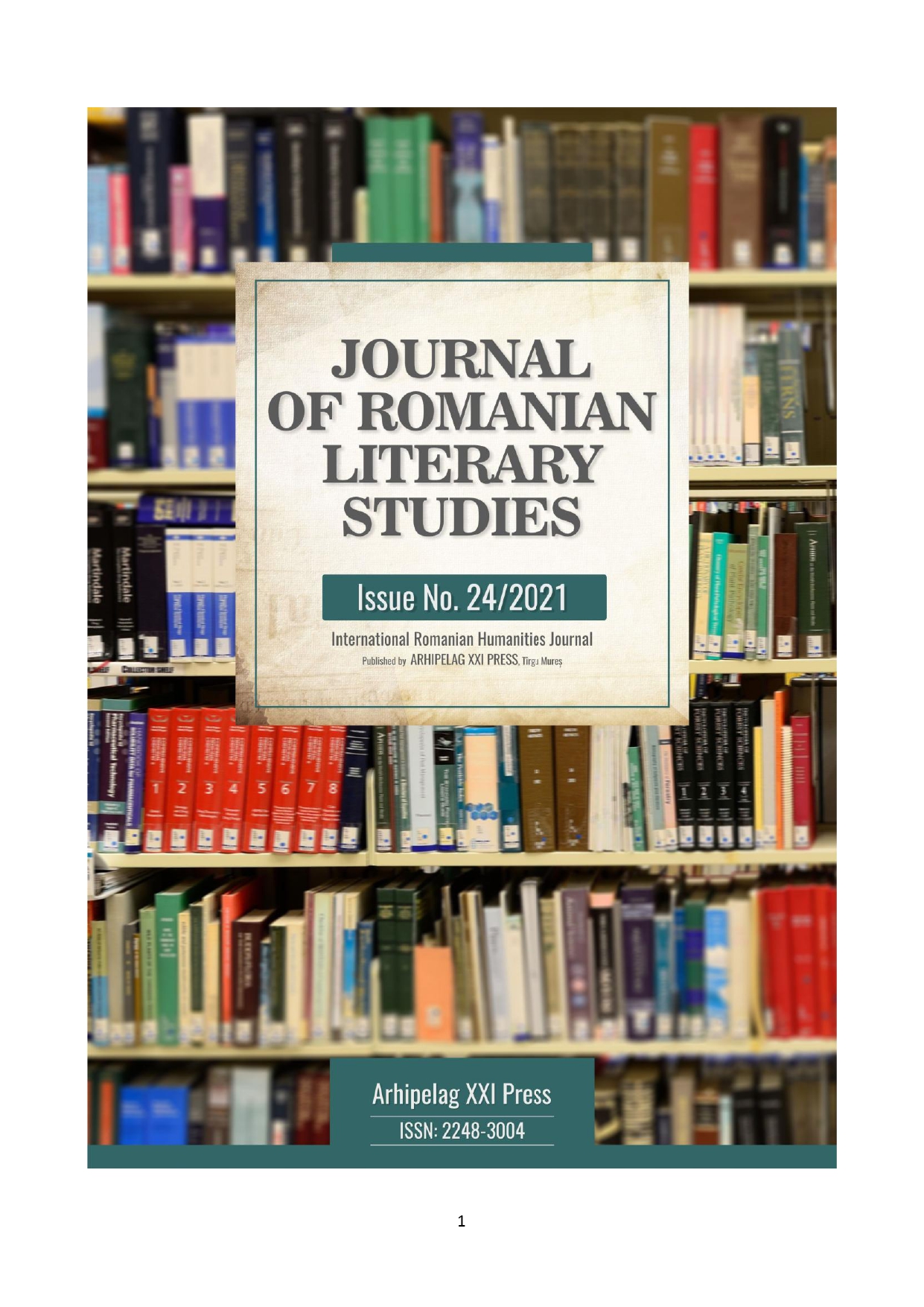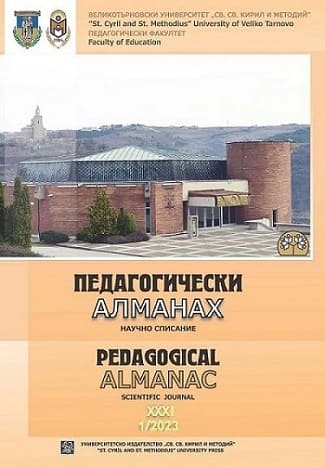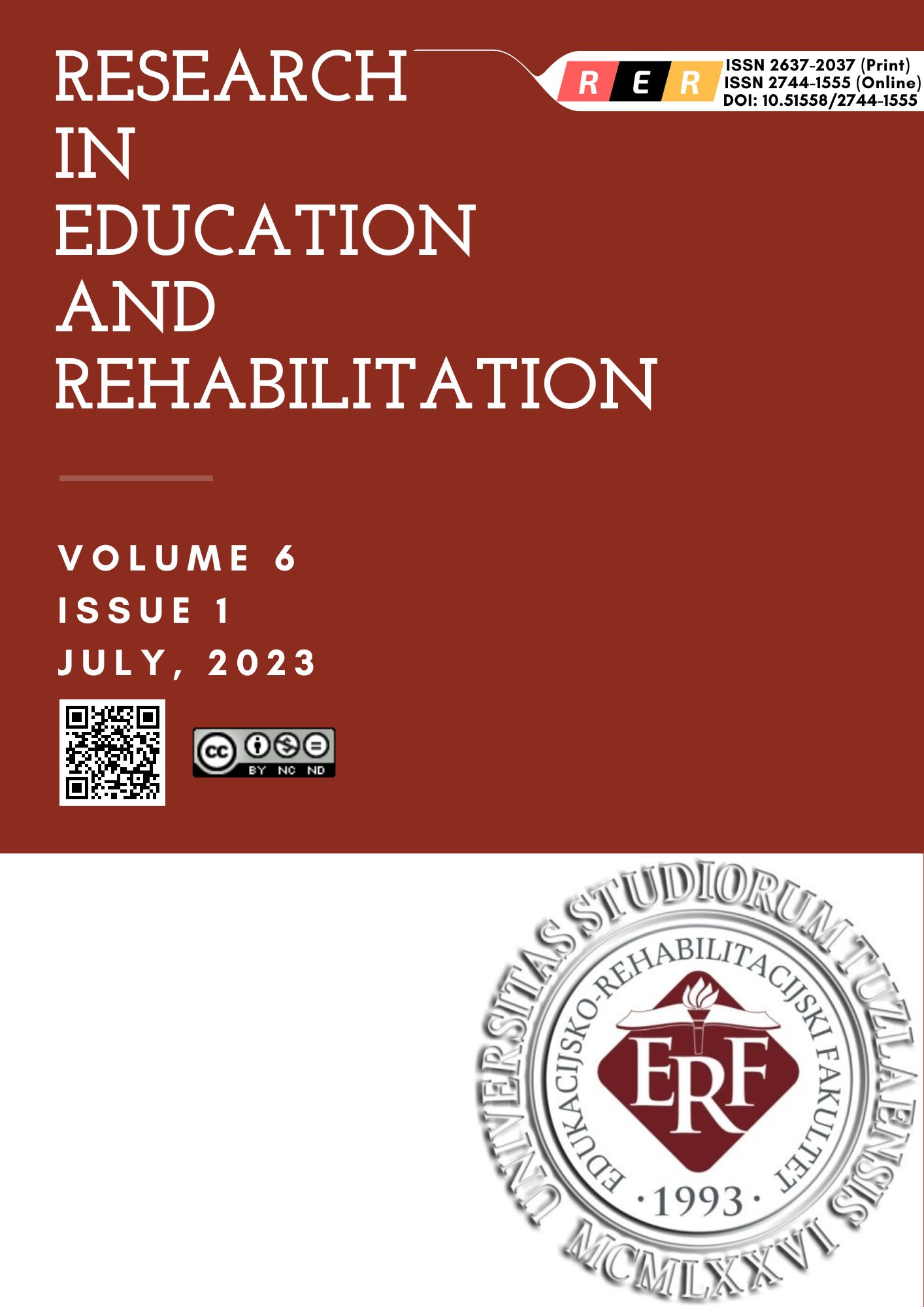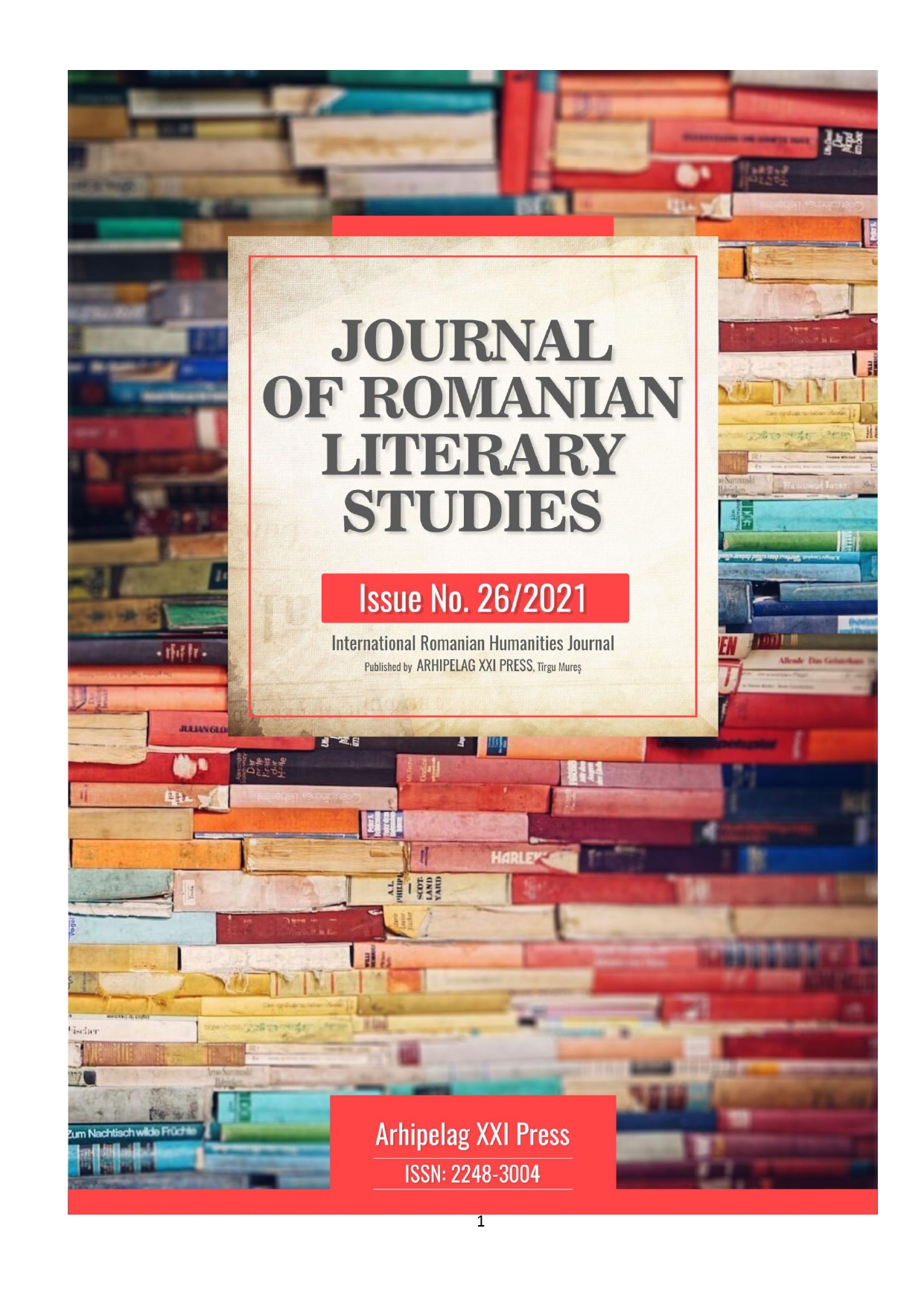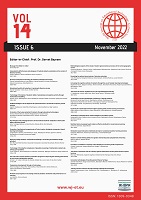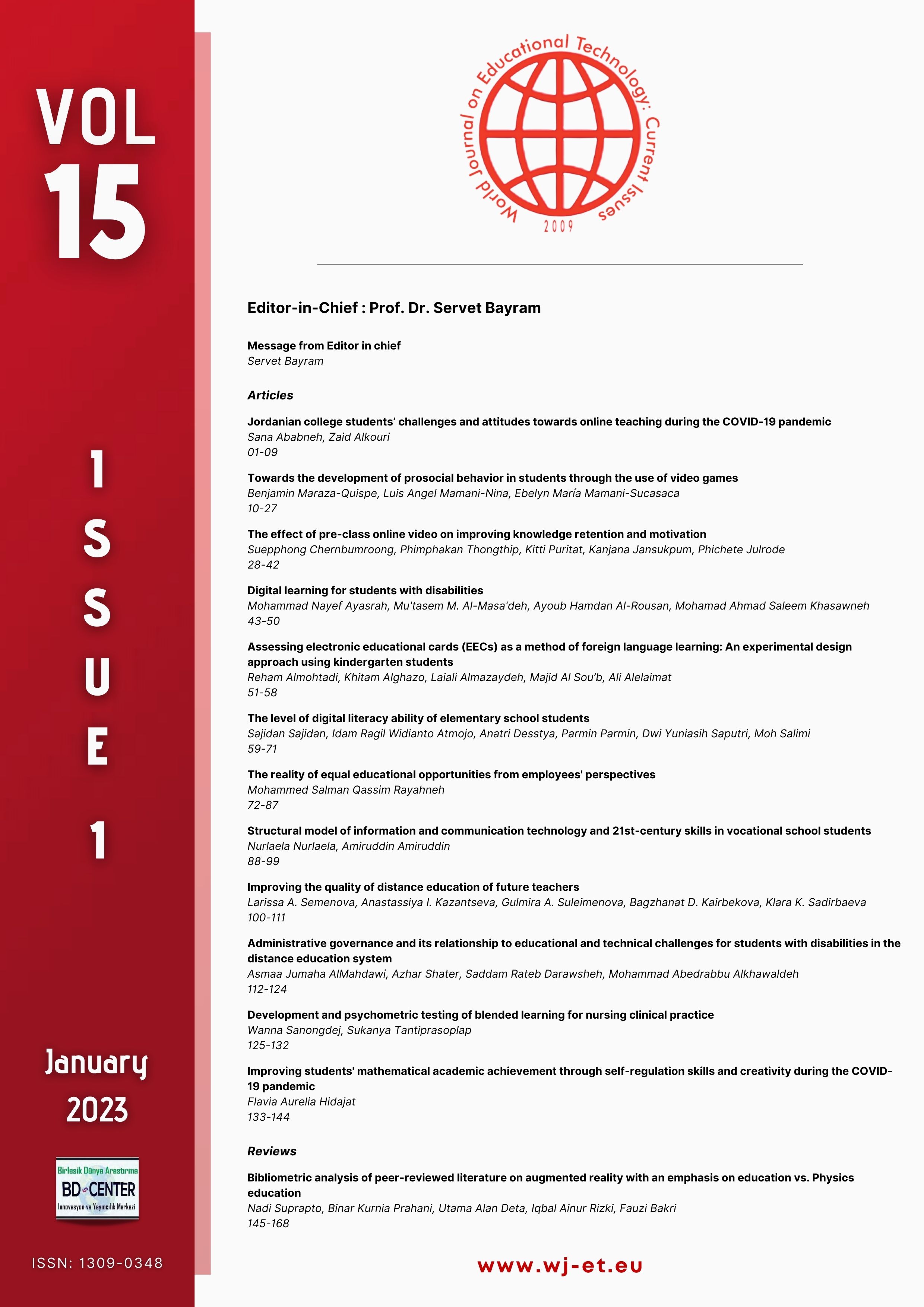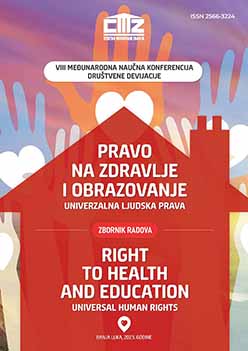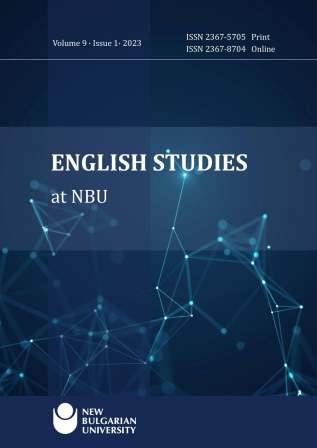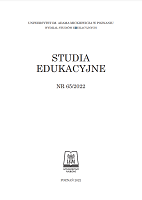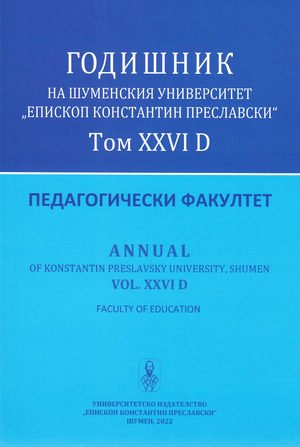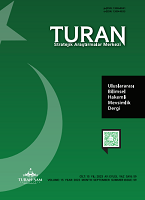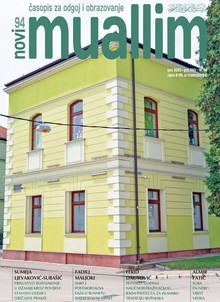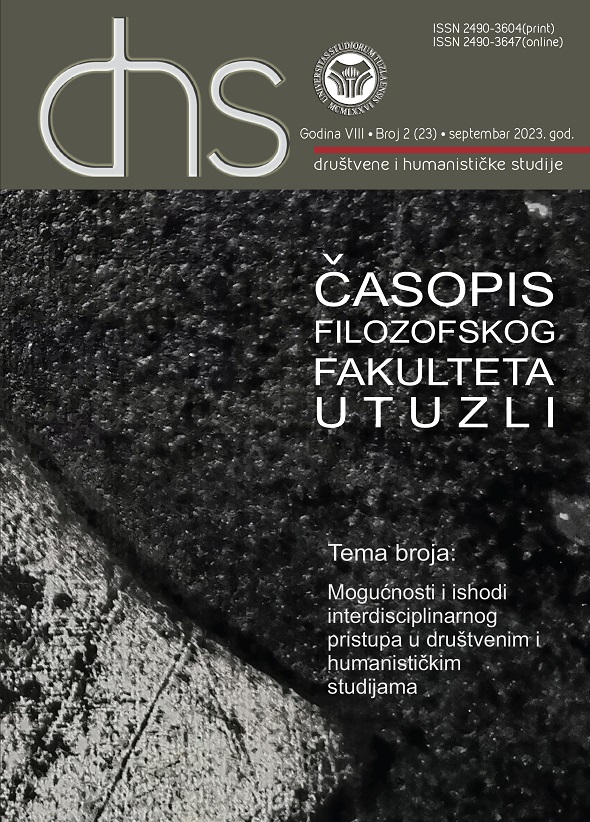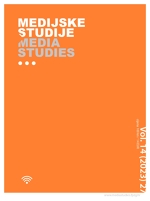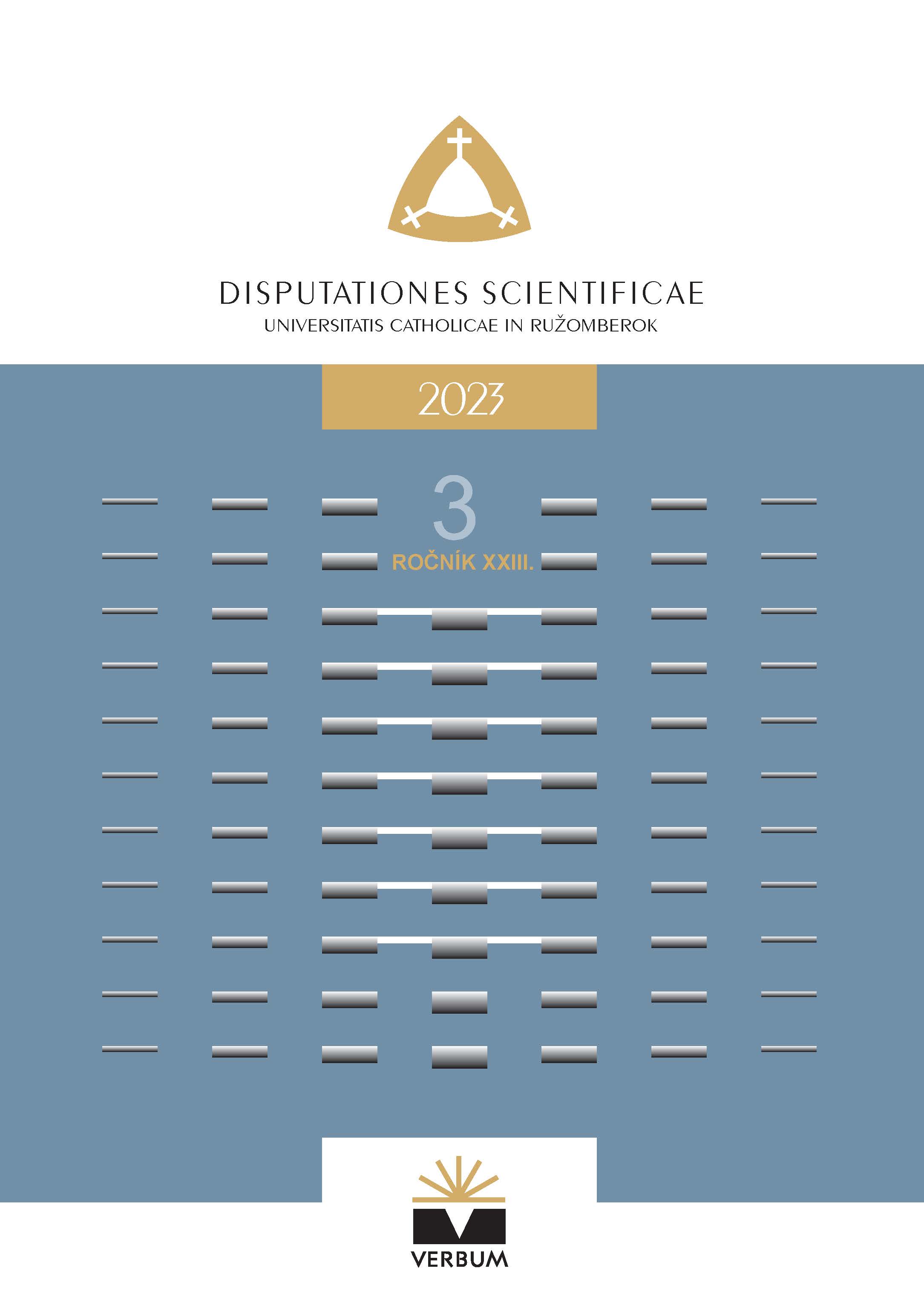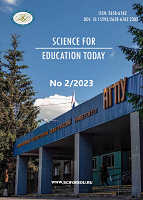
Теоретические аспекты моделирования речевого воспитания дошкольников в современной образовательной среде
Introduction. The article gives an analytical overview of research investigations in the field of child language development and its methods. It is shown that traditional approaches to language development do not solve the main problems in the personality development of preschool children. On the basis of the analysis, contradictions are revealed and the research problem is substantiated, namely the need for a conceptual understanding of language education as a means of developing the child's personality. The purpose of this article is to search for and substantiate the theoretical and methodological bases for modeling the process of language education as a means of personality development of a child of preschool age. Materials and Methods. The research methodology is based on the ideas of a cultural-historical approach that describes the mechanisms of child development in the process of coming to terms with culture; axiological and sociocultural approaches that determine the content and direction of child development in culture; communicative and dialogical approaches that reveal the principles of organizing social and educational interactions between children, adults and peers. The system of research methods includes both theoretical (source analysis, terminological analysis, cross-cultural analysis of language teaching programs, scientific modeling) and empirical (questionnaires, analysis of pedagogical practices) ways of achieving the aims. The authors applied the modified version of O.S. Ushakova and A.I. Lavrentieva’s inventory for evaluating value-semantic aspects of preschool children’s speech. Results. The authors demonstrate the relevance and impact of developing theoretical aspects of modeling language education as a means of developing children's personality. This is determined by the role of speech development as the implementation of a language system, a means of communication, and a personal tool for self-development. The authors have revealed contradictions that determine the necessity and possibility to solve the research problem, which is associated with the conceptual understanding of language education as a means of developing the child's personality. The authors emphasize the key role of language in creating a unified value-semantic space for the consolidation of Russian society and the transmission of socio-cultural experience from generation to generation. The authors show the relationship between language and speech, comparing the functions of speech and the targets for educating a new generation of Russian citizens. This served as a source for determining key approaches - axiological, sociocultural and communicative, which are the bases for modeling language education of children. The authors revealed the essence of language education aimed at familiarizing children with traditional values of Russian society. The terms "language education" and "language development" are clarified. On this basis, a model of language education of preschool children has been constructed, including the following components: the purpose, objectives, principles, forms of interaction (communication), teaching methods, a system of conditions (social, activity-based, subject-spatial), which are required and sufficient for the successful solution of educational problems. A three-stage method of language education of preschool children in the educational environment is proposed. The essential characteristics of the educational environment, which are necessary for the successful implementation of the model, are described: axiological, content-rich, integrative, systematic, and predictive. Conclusions. The article concludes that conceptual understanding of language education and the rationale for theoretical and methodological foundations of modeling this process contribute to organizing favorable psychological and educational conditions aimed at developing the personality of a preschool child. Language education, organized on the basis of the presented model, becomes an integrating link in ensuring the unity and interconnection of the main directions of teaching and learning within preschool education. The proposed model of organizing children's activities and communication with adults and peers facilitates moral education of preschool children with the focus on traditional Russian values.
More...
